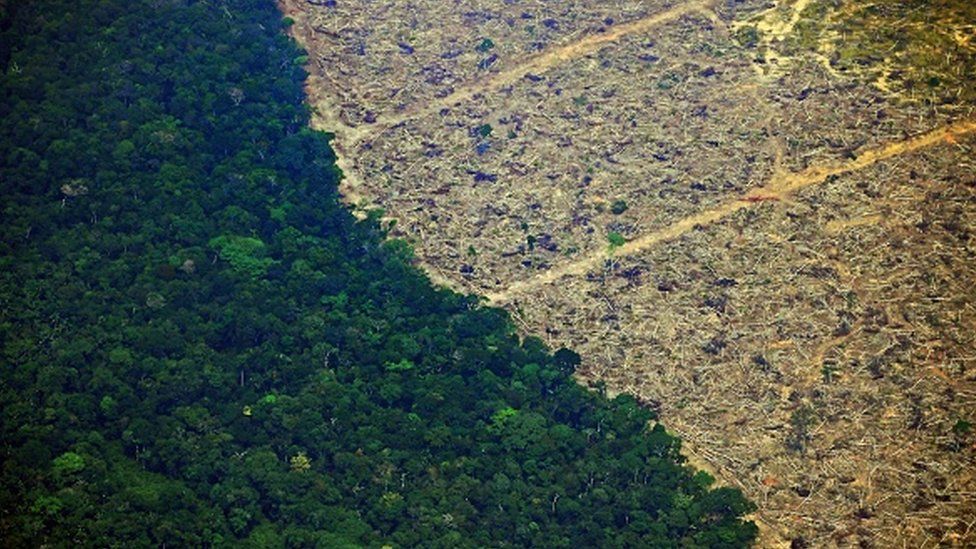
Brazilian companies still fail to place deforestation at the center of their climate concerns. A survey by the consultancy Luvi One shows that only 16% of local companies listed on the stock exchange include the preservation of forests in their climate targets. In Europe, this percentage is 90%. When the specific targets are taken into account, with the definition of deadlines and the percentage of reduction to be achieved, the result is even lower: only 5% make commitments to contribute to blocking deforestation in the country.
“Brazil has debated for a while that the preservation of forests was a matter for governments. The private sector had a minor role in the discussion. Now, the consumer market itself requires that companies position themselves in relation to forests, especially with respect to deforestation in the Amazon,” said economist Felipe Gutterres, CEO of Luvi One.
In the survey, 384 companies listed on the B3 were analyzed. Among the sectors of the stock exchange, the wood and paper companies are among the best positioned – 67% of companies have goals in this aspect, followed by power companies, with 53%. The beverage sector also appears at the top of the list, represented at B3 only by Ambev, which has high targets. In agriculture, half of the companies are committed to reducing deforestation.
The methodology included the analysis of the published reports and the existence of open and specific goals to reduce environmental impacts. It was also verified whether the sustainable development goals of the United Nations and the Global Reporting Initiative (GRI) methodology, which addresses sustainability issues in their annual reports, are met, in addition to the companies’ environmental management acts.
The survey shows that 100 companies on the B3 have the worst performance on the issue of forests, from sectors such as personal use and cleaning products, fabrics, shoes and clothing, computers and equipment. These companies do not have any targets for deforestation reduction.
Despite the initially negative result, the tendency is that the picture starts to change, albeit slowly. Industries in more difficult situations, the issue may be left behind, Mr. Gutterres said. “Whoever is left out of the global trend will also start to notice difficulties in doing business and attracting investments. A natural selection will take place. ESG is not just an acronym, it is a stance,” he said. For the executive, there is a “great generation of value” to be discovered in the preservation of forests with the carbon credit market. According to the survey, 29% of the Brazilian listed companies have gas emission reduction goals. With regard to water-related commitments, the percentage is 24%.
Katerina Trostmann, head of sustainability at BNP Paribas in Brazil, said that companies are understanding that they need to embrace the transition agenda, and this has been happening. “We have seen an acceleration by our clients to adopt targets and be transparent. One trend for 2022 is climate transparency,” she said.
Source: Valor International
